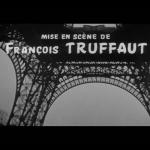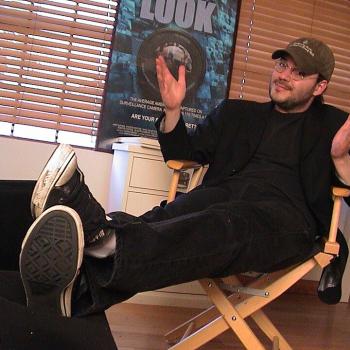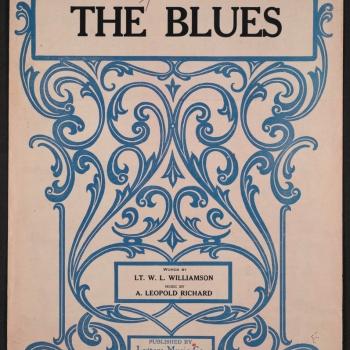
Source: Flicker user United States Holocaust Museum
License
I feel dirty admitting it. It seems wrong. No one should feel the way I do. It’s a sin. It’s something, something bad at least, a deviation from righteousness or at least from normativity. I didn’t care for Jonathan Glazer’s The Zone of Interest (2023). There. I said it.
It’s not that it’s a bad movie. Its approach is admirable: how else to depict the true nature of evil than to show how life simply goes on among the depraved? History’s villains rarely twirl their mustaches or face overwhelming guilt, endure some psychic cosmic justice on account of their actions. They continue to laugh, smile, and endure the tiniest of everyday problems, even as they murder, abuse, and neglect their victims. Even the much cited “banality of evil” doesn’t quite capture it. It’s not banal. Like time after the death of a loved one, it just goes on. It simply is.
And the filmmaking is top notch. Glazer knows what he’s doing and the ubiquitous use of long takes in wide shot helps to capture the everyday sterility of life immediately outside Auschwitz. The verdant gardens of the Höss home contrast with the austere brick and smoke of the camp beyond the wall. Hedwig Höss’s callous pedantry—demanding serving girls clean up messes in fits of rage—fits well within a camera set to offer us distance and objectivity.
Still, it never came together for me. The film’s effect relies predominantly, if not entirely, on the interplay between the screams and sounds of discomfiture from the camp and the everyday movements in the household. The commandant’s wife’s mother stays up at night because the screams alarm her. The family pretends all is well, even as the horrific sounds never quite cease. But is this enough to move one to tears? Does it testify to some emotional truth that otherwise lay dormant? In my case, no.
The second half drew me in somewhat. Will the father be moved to a new camp? Will his wife and children remain behind? For the first time, I found myself drawn in, not because such plot points are intrinsically interesting but rather because they gave me something to sink my teeth into, something beyond mere repetition. I wonder if the film might not have worked better had Glazer given us a banal plot to go with his banality of evil. Wouldn’t the everyday problems of the Höss family enhance the juxtaposition with the camp while also giving the audience a way in, simultaneously humanizing and dehumanizing the perpetrators?
In the end, I was left feeling empty. Maybe the movie would have worked differently had I seen it in theaters. Maybe it would have affected me more had I not worked on materials for a play about very similar ideas, Here There Are Blueberries. But, as it stands The Zone of Interest felt like a stylish exercise in repetition—important but unfeeling. I will, I suppose, continue to wait for the release of Jerry Lewis’s The Day the Clown Cried. Oh well.












